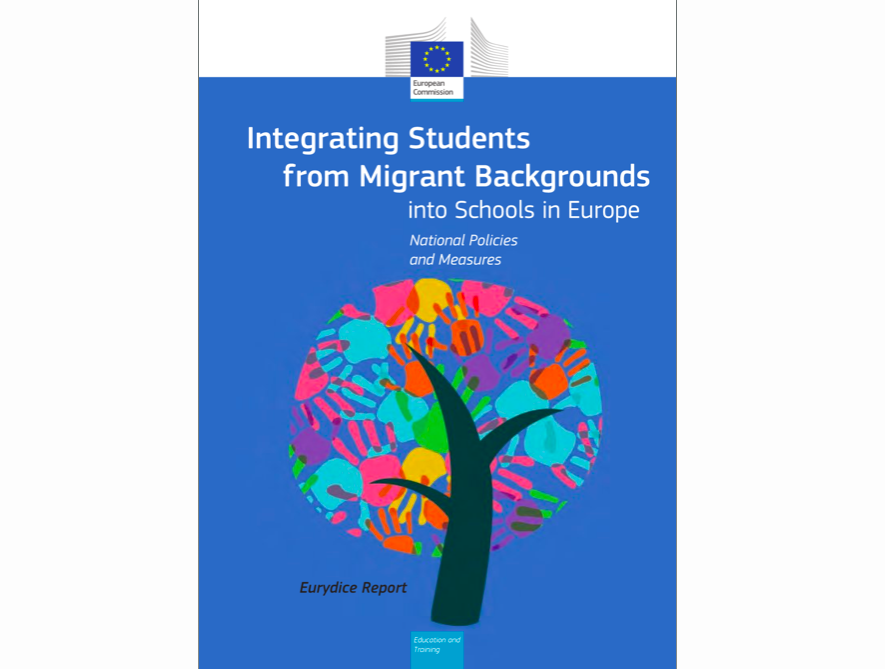Integrating Students from Migrant Backgrounds into Schools in Europe: National Policies and Measures

Key-Co System Training Course in Madrid
febrero 1, 2019
A research, didactic tools, e-learning lessons and an online platform: Key-Co System improves digital tools for adult migrants learners and professionals in adult education
julio 1, 2019This Eurydice report investigates what top-level education authorities across Europe do to promote the integration of students from a migrant background into schools. It presents a comparative mapping of a wide range of national policies and measures aimed at placing newly arrived migrant students in schools and addressing the various issues related to them. It also offers a deeper analysis of some of the key policies that can enable schools to welcome students from diverse linguistic and cultural backgrounds and to take into account students’ social and emotional needs in order to encourage their learning and development. The report focuses on top-level regulations and recommendations covering primary, general lower and upper secondary education as well as school-based initial vocational education and training. In Part I, a comparative analysis covering all countries describes the existing policies and measures that impact the way newly arrived migrant students are placed in schools (in the reference year 2017/18) and how schools address the various issues related to them. Part II analyses policies in ten selected education systems along two main dimensions: the way diversity is accommodated and how migrant students’ well-being is addressed. The report also analyses the comprehensiveness of policy approaches, which puts equal emphasis on the diversity and well-being side.
Information covers 42 education systems, including the 28 EU Member States as well as Bosnia and Herzegovina, Switzerland, Iceland, Liechtenstein, Montenegro, Norway, Serbia, the former Yugoslav Republic of Macedonia and Turkey.


